Does high blood pressure shorten life?
The morning clinic appeared to have 10 patients with hypertension!
One of them, a newly hypertensive elder sister, was very worried, saying that she had high blood pressure, and what could she do? Will she not be able to live? So much so that she has been so anxious lately that she cannot eat or sleep.
Then I came to me specifically after reading about my science on the internet.

I asked her why she was worried and what she was afraid of.
Patient says: I heard people say that if you have high blood pressure, you will have a short life. So I am afraid.
I told her: hypertension, if detected and controlled early, then it will not be short-lived. If it is not detected or not controlled, it does increase the risk of many complications of hypertension, even disabling and fatal.
I. What diseases may result from high blood pressure
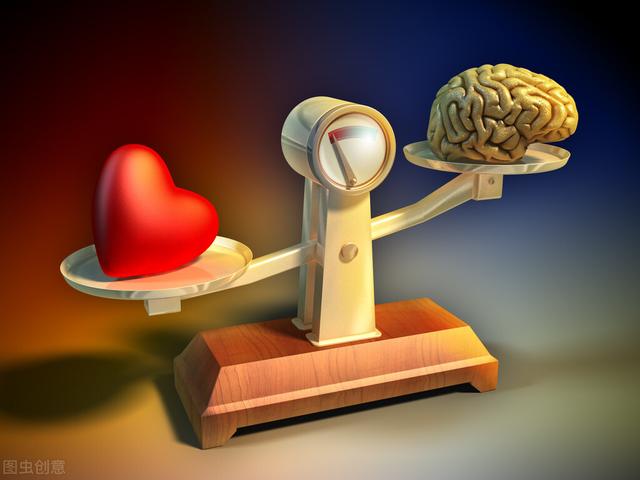
There are currently 300 million hypertensive people in our country, which means that the prevalence of high blood pressure is very, very high, and someone in almost every household may be hypertensive. Hypertension, if undetected or not controlled when detected, increases the risk of many complications.
Chronic uncontrolled hypertension leads to an increased risk of atherosclerosis, which increases the risk of cerebral infarction, cerebral hemorrhage, myocardial infarction, angina pectoris, kidney failure, vision loss, heart failure, aortic coarctation, and many other diseases.
Myocardial infarction, cerebral hemorrhage, cerebral infarction, and aortic coarctation are the most important causes of sudden death. Having heart failure will shorten your life expectancy, and having renal failure, cerebral infarction and cerebral hemorrhage will reduce your quality of life and shorten your life expectancy.
So, in that sense, high blood pressure can really shorten your life.
However, these are the people who do not realize that they have high blood pressure, or long-term high blood pressure is not far from control, that is, they take high blood pressure lightly, and ultimately be retaliated by high blood pressure.
Second, how to effectively control the blood pressure will not be short-lived
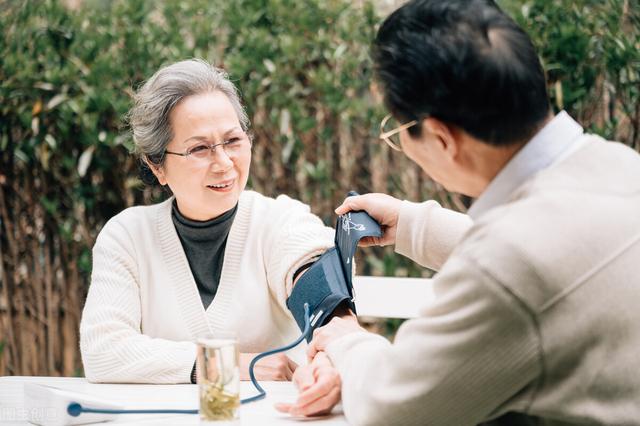
We often come across a lot of eight or nine year olds with high blood pressure in the hospital. The average life expectancy in our country is currently 77 years, so more than 80 years old is considered a high life expectancy. Why do these old people, with high blood pressure can also live a long life?
Apart from the fact that it has something to do with the genes of the elderly and their whole body condition, one of the main reasons is that they are able to actively and formally control their blood pressure. The reasoning is simple if there is no effective control of high blood pressure, many people will have brain hemorrhage, myocardial infarction, heart failure and other problems in middle age. How do these people live longer?
There are only two ways to keep your blood pressure under control: overall healthy living and regular antihypertensive medication.
Third, worrying about anxiety can only be counterproductive
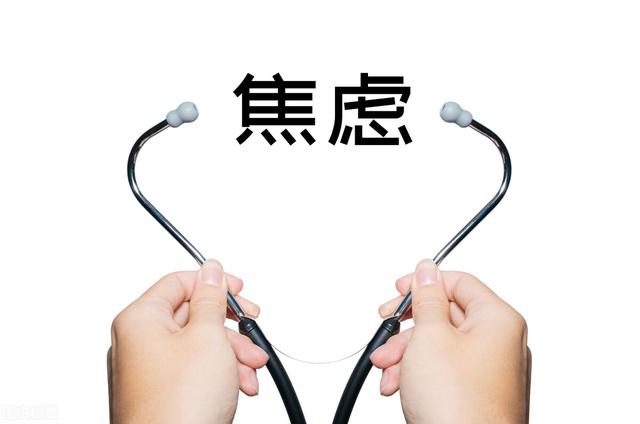
This older woman is worried that her high blood pressure is killing her, so she is not eating well or sleeping well. If sleep is not guaranteed, coupled with a negative mood, both can raise blood pressure. So after discovering high blood pressure, worrying and anxiety can only add to the problem and not solve it. After discovering high blood pressure must find a professional cardiovascular doctor to see, to see in the end with or without antihypertensive drugs, with which antihypertensive drugs, how to arrange life.
In addition to regular medication and healthy living under the guidance of your doctor. Must learn to monitor and manage their own blood pressure, high blood pressure is not after taking medication will always be stable, or that the recent stable will always be stable. High blood pressure is very naughty, so we need to monitor our own blood pressure for a long time, not only to monitor, but also gradually learn to manage their own blood pressure, such as pay attention to keep warm in winter, in order to prevent blood pressure rise; pay attention to sleep, pay attention to adhere to the exercise, pay attention to a healthy diet, etc.; for the old patients, sometimes you also need to learn to according to the height of the blood pressure, mildly increase or decrease the medication (of course, this is not recommended to the general public, it would be best to consult a doctor, but need to know that the blood pressure is normal, and the medication is not always stable. doctor, but need to know that normal blood pressure can not be added or subtracted from the medication, not to mention stopping the drug; low blood pressure needs to stop the drug; blood pressure is too high to find a doctor). .
In short, high blood pressure, if you pay attention to it and control it, it will not harm you! Otherwise: high blood pressure can really shorten your life when complications arise!
High blood pressure can damage several organs, and once each organ is damaged, it naturally leads to a reduced life expectancy!
The biggest impact of high blood pressure on a patient's health is the blood vessels, and when the blood vessels are in trouble, so are the problems.
When a patient's blood pressure becomes high, the force exerted by the blood on the walls of the blood vessels also becomes higher, and the blood vessels, in order to protect themselves, make themselves progressively thicker so that they can withstand this increasing force, and this results in less space within the blood vessels.
When the blood vessels become thicker and narrower, the blood pressure will start to get higher again, and this vicious cycle will hurt the walls of the blood vessels, and once they are damaged, atherosclerosis and plaques will form, affecting the flow of blood.
At this time the blood pressure is already very large, under this strong pressure, plaque will also be shaken, following the blood, plaque to where, where the blockage will occur, blocked coronary artery causing myocardial ischemia is a heart attack, blocked cerebral arteries causing brain cell necrosis is a cerebral infarction.
And blood is a vital part of our body, it represents energy, its lack also means that the human machine lacks power, if the renal artery is also blocked, it will affect the normal function of the kidneys and develop into renal failure; if the capillaries of the eyes become hard and narrow, it will lead to necrosis of the retinal cells, the symptoms of vision loss, and even lifelong blindness.
These conditions are only part of the picture, the risks of hypertension are extremely numerous, and the complications that can be fatal are not a few, from this point of view, hypertension is really threatening the life and health of the patient all the time, it is not a lie to say that the life expectancy of patients with high blood pressure is short.
Blood pressure has been fluctuating, to put it bluntly, is just a physiological reaction. High blood pressure is indeed dangerous, but as long as it can be controlled and stabilized, naturally, it will not cause damage to various organs and affect the length of life!
For hypertensive patients, the goal of lowering blood pressure is a standard: <140/90mmHg, which is the average standard, but in practice, also need to pay special attention to one point "according to the patient's different adjustments", for example, elderly (65 years old and above) patients due to the aging of the arteries, the high pressure (systolic blood pressure) standard can be relaxed some For example, in elderly patients (over 65 years old), due to the aging of the arteries, the standard of high blood pressure (systolic blood pressure) can be relaxed a little, not higher than 150mmHg.
For patients with high blood pressure, the most important thing is to lower blood pressure, but must not be rushed, drugs are not the only way, for mild hypertension patients, you can first carry out dietary changes to see if the blood pressure can be lowered, during this period should also actively look for causes that lead to high blood pressure, to treat the cause of the problem, and only in the case of all the methods are ineffective, you should be in the guidance of a medical professional Apply antihypertensive drugs, single drug or combination of drugs.
Therefore, whether the life expectancy of hypertensive patients is affected depends not on the diagnosis of hypertension, but on whether the blood pressure is under control. If the blood pressure is always higher than normal, then the patients may have complications of related diseases at any time, jeopardizing their health and even stepping into death.
Does high blood pressure shorten life?
An old acquaintance of mine, who is 85 years old this year, suffered from hypertension 40 years ago. At that time, he was so frightened that he could not sleep or eat for fear that he would die of cerebral infarction caused by hypertension. So his family took him around to seek medical advice and finally found a senior doctor who told him, "Don't be afraid of high blood pressure, as long as you take your medication on time, it can be controlled. If you don't control high blood pressure, the consequences will be terrible. For example, high blood pressure can lead to an increase in the risk of atherosclerosis, which increases the risk of cerebral infarction, angina pectoris, kidney failure, vision loss, heart failure, aortic coarctation and other diseases. It can be controlled by adhering to the medication as prescribed by the doctor."
He listened to the doctor's words, and took the medicine, home on time medication, coupled with more fruits and vegetables, soy products, regular life, mood, regular exercise, and now he is still alive and well, this year at the age of 85 years old is still constantly in the family, led by the great mountains and rivers of the motherland tour.
That is why you should not be afraid of shortening your life when you have hypertension. The more you are afraid of emaciation, the higher your blood pressure will be, which will lead you to a brain hemorrhage and shorten your life. Only the correct treatment of the disease, according to the service to take medication, open-minded, light diet, increase exercise is the only way out of your blood pressure control.

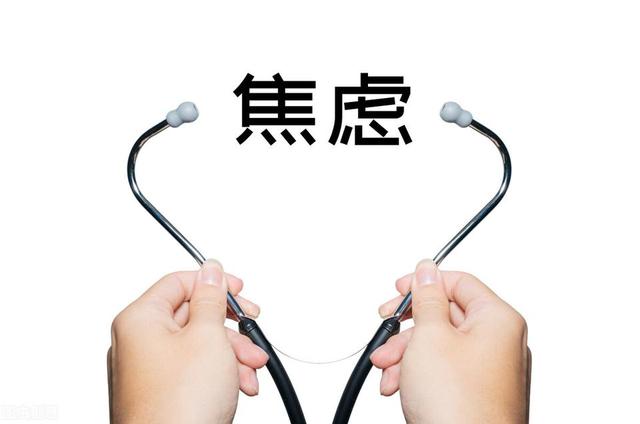
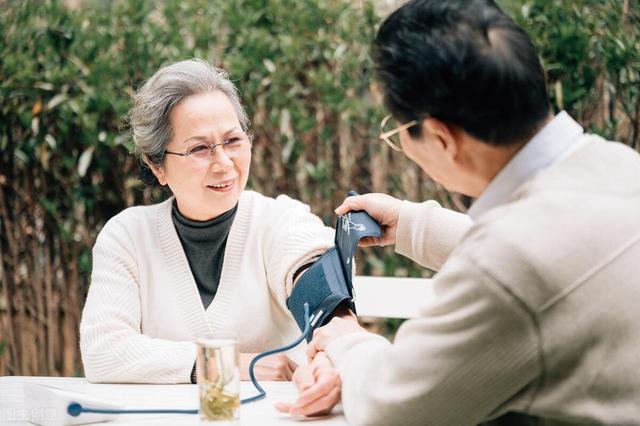
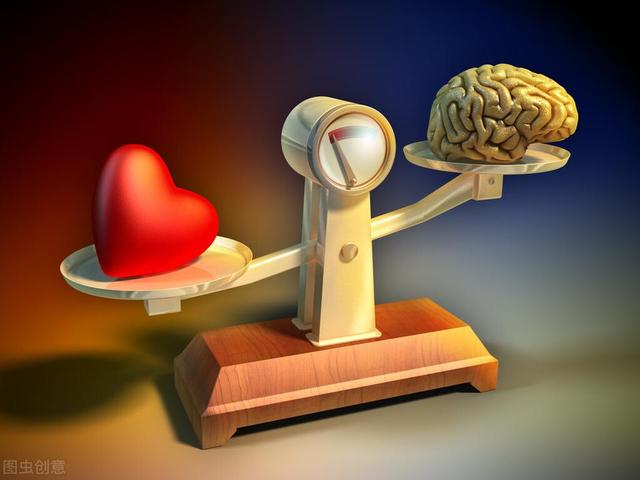
[Does hypertension shorten life?]
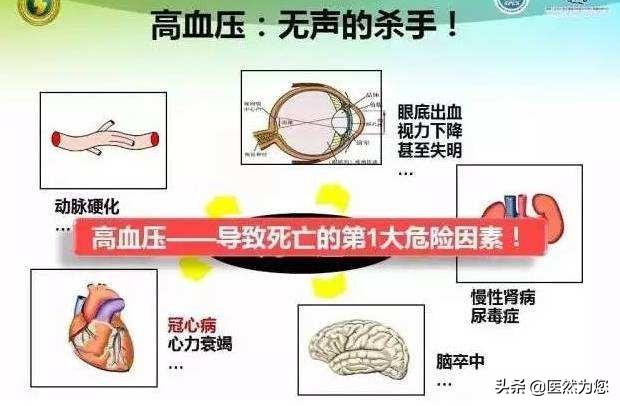
Hypertension is a relatively common disease in our life, chronic disease. So far probably every household as long as there are more than 50 years old people, may have high blood pressure patients, the so-called blood pressure refers to, blood pressure on our vascular disease pressure, when the heart contraction or diastole, the pressure is higher than a certain range, we called hypertension. First of all, we will popularize the classification and criteria of high blood pressure and how to regulate the blood pressure level through life interventions:
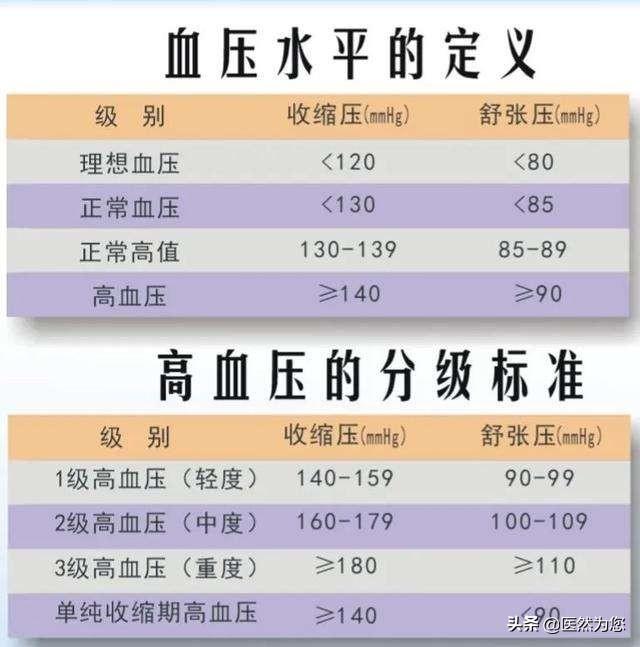
Hypertension is not scary, it tends to often co-exist with other cardiovascular and cerebrovascular risk factors and can damage the structure and function of our vital organs such as the heart, brain, kidneys, and ultimately lead to organ failure.
But if the blood pressure is lowered and controlled to normal levels through intervention, then the impact on a person's life expectancy is minimal.
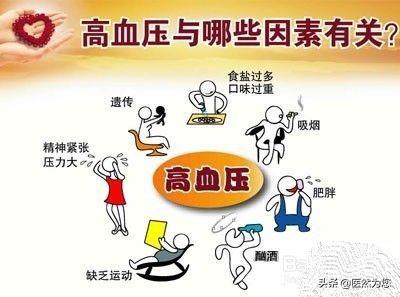
To introduce you to the more common life interventions:
1, weight control, will be human body mass index control to 24 or less, so that can improve human lipid metabolism, sugar metabolism, and heart function, to prevent left ventricular hypertrophy.
2, reduce salt intake, usually frying, diet should control the intake of sodium, the best not to exceed six grams per day, some people may say, how do I know how many grams, then you can be prepared to buy a small food weighing, or more convenient.
3. Supplement with potassium salts and eat more fresh fruits or vegetables.
4, minimize the intake of high-calorie food, control the intake of cooking oil and some fat meat, animal offal and other foods.
5, in the spring and summer, some appropriate outdoor exercise, can improve the human lipid metabolism, sugar metabolism, and human heart adaptability.
6, no smoking and alcohol, remember not to drink a lot of alcohol, a lot of alcohol can lead to a roller coaster fluctuations in blood pressure.
7, maintain a relaxed mood, avoid emotional excitement.
8, regular measurement of blood pressure, the need to take drugs, take drugs on time, according to the blood pressure to adjust the dose, so that the blood pressure fluctuations smooth.
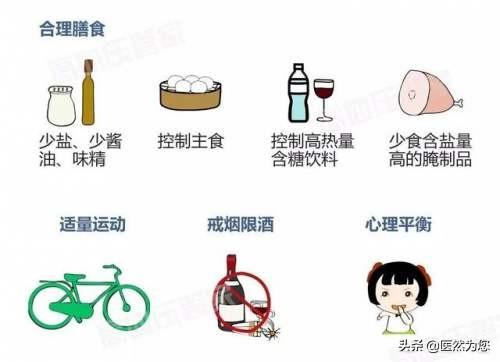
If through the above healthy lifestyle, it is necessary to control the blood pressure with medication if necessary, and after controlling the blood pressure to a normal level under the guidance of a doctor so that the daily fluctuation of the blood pressure is smooth, then the impact on the life expectancy of a person, I believe, is minimal.
Follow Medical Ran for You for daily updates on the medical science you need most.
The life expectancy of hypertensive patients depends on the comorbidities of hypertension and the overall control of blood pressure. If hypertensive patients are able to effectively, long-term, and steadily control their blood pressure to the standard range, that is, at least below 140/90mmHg, preferably around 130/80mmHg, or even 120/80mmHg, then a wide variety of complications due to hypertension can be prevented. Complications due to high blood pressure, you can reduce the impact of these diseases on life expectancy. If there is no effective detection at an early stage, and the blood pressure is not controlled to a reasonable range, although taking medication, but the effect of drug treatment is not tested, there are no complications are not treated, some of the combined bad lifestyle is not changed, such as still smoking, alcoholism, high fat, high sugar, poor sleep, obesity, these risk factors are not removed. These conditions, if they persist, will slowly lead to poor blood pressure control, the slow emergence of various complications, and a reduction in life expectancy due to stroke, cardiac ischemia, renal dysfunction, atherosclerosis, and a series of other complications. So if we can control the life expectancy of hypertensive patients, the prevention and treatment of complications clearly, then his life expectancy is still the same as when there is no high blood pressure will not have a big difference, but if there is no control, the occurrence of these complications will seriously affect the life expectancy of hypertensive patients.
Take your medication on time! Contraindicated! It doesn't affect life!
One of my junior high school classmates suffered from high blood pressure, and at the time, I felt that he was very thin so why did he have high blood pressure? Feeling very strange, he said "High blood pressure is somewhat hereditary and there's nothing he can do about it"But he is now also live very well, two days ago to meet him is also alive and well, people are also very cheerful, he told me to take their medication on time, can not stop one day to eat one day, so that the medication is useless, hypertension patients can not be detached from the medication, take their medication on time is the guarantee of their own lives, live than anything else is good, and can not be eaten or drunk, abstain from food will also make the body healthy, although it will be less fun, but in order to live well, what can not be overcome? But in order to live well what can't be overcome?

Another classmate's grandmother, who is now in her 80s, gotHigh blood pressure is also in the 60sShe is now a little twenty years, she is because at that time do not like to exercise, and love sweets, one year when the physical examination, found high blood pressure, the doctor gave her medication, she has been taking medication on time, and now every day also moderate exercise, the body is still quite good, the doctor gave her medication, and now she is taking medication on time.Be sure to follow the doctor's instructions, for high blood pressure can still be controlled
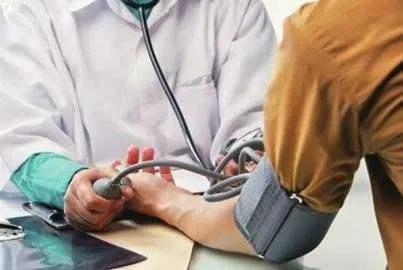
Really, the body is the capital of the revolution, to protect their own body, in order to have the rest of the good life, high blood pressure is not a difficult disease, nowadays it is very common, the mind should be good.Don't worry about it, remember it won't affect your life, but take your meds on time!

There is also prevention is more important than treatment, now the fast pace of life, stress, overeating, high sugar, high salt, high oil, has been very common, I hope that everyone in order to be healthy or to eat more roughage, grains and cereals to eat more, more good for their health!
Relevant studies have shown that patients with long-term high blood pressure have a shorter life expectancy of 13 years than healthy people with normal blood pressure. But don't panic, the hypertensive patients we are talking about here are those who have high blood pressure for a long time and don't have their blood pressure under control.

In itself, high blood pressure does not directly affect a person's life expectancy. However, long-term high blood pressure can cause damage to organs such as the heart, brain, kidneys and fundus, indirectly causing a decline in quality of life and even jeopardizing life expectancy.
First, long-term high blood pressure can cause left ventricular hypertrophy, leading to coronary heart disease, heart failure, arrhythmia and other cardiovascular diseases. Hypertension is a risk factor for coronary heart disease, the most serious of which is acute infarction, the biggest consequence of acute infarction is that it may lead to sudden death. At the same time, high blood pressure can also cause heart failure, leading to edema of both lower limbs of the human body, shortness of breath after activity, and the ultimate end is total heart failure. In addition, studies have shown that high blood pressure is also a risk factor for arrhythmias such as atrial fibrillation, which in severe cases can cause ventricular tachycardia and ventricular fibrillation.
Second, long-term high blood pressure can cause cerebrovascular accidents such as cerebral infarction or cerebral hemorrhage. Uncontrolled high blood pressure will cause vascular sclerosis, leading to the formation of atherosclerotic plaque, which is the pathological basis of cardiovascular and cerebrovascular diseases. Mild disease will cause lacunar cerebral infarction, dizziness and other discomforts, and later can develop into stroke, hemiplegia, etc., which seriously affects the quality of life. In addition, severe hypertension can cause cerebral hemorrhage, which is directly life-threatening.
Third, long-term high blood pressure can cause renal arteriosclerosis, affecting renal function. Long-term high blood pressure, hypertensive nephropathy, resulting in chronic renal failure, edema and other discomforts, the end stage can be uremia, resulting in irreversible damage to renal function.
Fourth, long-term high blood pressure can cause hemorrhage in the fundus. Long-term high blood pressure can damage the arteries in the fundus, leading to bleeding, resulting in blurred vision, glaucoma, cataracts and, in severe cases, blindness.
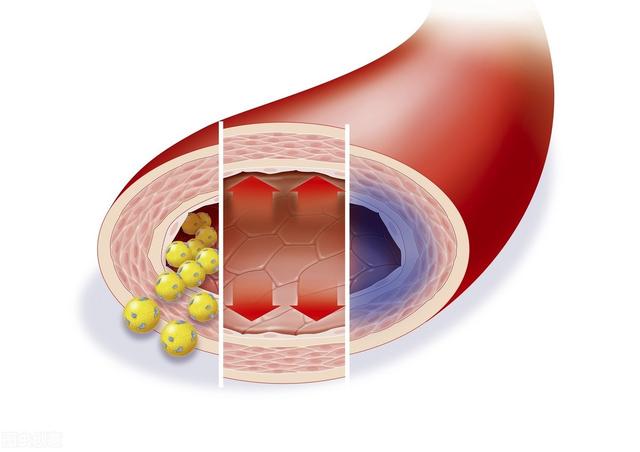
In short, high blood pressure as a silent "killer", will all the time is not affecting your blood vessels, it will not directly shorten your life, but it will lead to your heart, brain, kidneys, fundus of multiple organs of the damage, especially acute infarction, cerebral hemorrhage, uremia and other cardio-cerebral and renal vascular disease will be a direct threat to the formation of the life of the person, so blood pressure! must be well controlled and should not be ignored!

Hypertension is the most prevalent cardiovascular disease, and having high blood pressure can shorten life expectancy, but not absolutely, although the rate of early deaths is higher in comparison. This is due to good or bad control of blood pressure. There are also hypertensive patients with long ages.
Hypertension, characterized by high prevalence, high disability rate and high mortality rate, and can also cause heart, brain and kidney complications, so it is the main risk factor for coronary heart disease, stroke and premature death, because the level of blood pressure is directly related to the normal functioning of the brain and the heart in terms of ischemia and hypoxia. If the blood pressure increases can increase the risk of cerebral hemorrhage or cerebral infarction. Therefore, high blood pressure is an important risk factor for early death, but the danger is absolute, early death depends on the patient's own physical condition and how well it is controlled and managed.

Hypertension is generally treated in two ways, pharmacologically and non-pharmacologically, with non-pharmacological treatments generally being used initially, but once further along a combination of the two approaches is used for management.
Patients with hypertension should pay special attention to the following points during control and management:
Psychological aspects:
First, knowing that the blood pressure is high and unstable, not only do not change the lifestyle, but also do not take drugs
There is no shortage of such people in our lives, especially in young and middle-aged people, who always think they are young and are fine, and have poor awareness of health precautions and are not aware of the extent of the impact of high blood pressure on the body.

Secondly, when taking medication, they always take it when they are high and don't take it when they are not high, intermittently and not on time
Many patients with high blood pressure, there is such a fluke, this time the blood pressure is high, quickly eat on the drug, not high, do not have to eat, this idea is wrong, blood pressure is afraid of high and low, so on the blood vessel wall as well as the endothelium of the blood vessels caused great damage, and once the blood pressure is very high, and then go to take medication, cerebral hemorrhage occurs in the risk of elevated, it is very likely that it will be too late.
Problems with management:
First, during the taking of medication, you can not stop taking the medication on your own, but to follow the doctor's instructions
Second, even with medication, it is important to change a poor lifestyle
Third, obese patients, must reduce weight through a reasonable diet and exercise, reduce weight is an effective treatment to reduce blood pressure.
Fourth, eat a reasonable diet, reduce sodium and dietary fat, do not be greedy

Fifth, advocate the best to stop drinking alcohol Although a small amount of alcohol does not necessarily pose a risk of stroke, but excessive drinking will increase the risk of stroke, in addition to drinking alcohol can increase the resistance to take antihypertensive drugs.
Fifth, adhere to regular aerobic exercise, reduce mental stress and maintain psychological balance
As long as, the blood pressure levels are controlled and complications are prevented, it is possible to increase life expectancy.
I am Dr. LuBiao in the Department of Geriatrics. When I saw this topic, I calculated the average age of 30 hospitalized elderly patients in my department, 85 years old, and 25 of them have high blood pressure and have been taking antihypertensive drugs for a long time. From this data, hypertension does not lead to a short life, and 85 years old is already considered a long life. But is this true?

In fact, it is not. If hypertension is left untreated, damage to the heart, brain and kidneys will occur in 3-5 years and the average life expectancy will be shortened by 20 years.
Hypertension is an important risk factor for coronary heart disease, stroke, and other diseases, and all of these conditions can indirectly lead to short lives for hypertensive patients.
After suffering from high blood pressure, according to statistics:
Cerebral infarction occurs in more than 80% of cases;
Brain hemorrhage occurs in more than 90% of cases;
Coronary heart disease occurs in more than 60% of cases;
Most patients develop diabetes, etc.
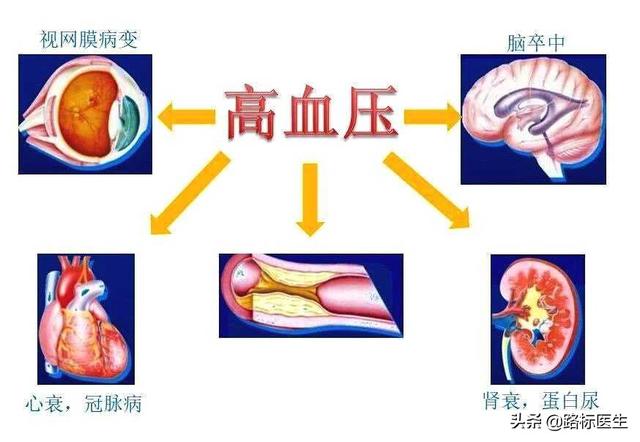
So how do you keep a hypertensive person from living a short life?
From the beginning of mentioning the situation of elderly hypertensive patients in our department, careful readers should find that these elderly patients, although suffering from hypertension, take antihypertensive drugs for a long time and keep their blood pressure under control, which naturally reduces the incidence of hypertension complications and thus prolongs their life span.
Studies have shown that people with hypertension achieve target levels of blood pressure, which reduces the risk of complications such as stroke, acute myocardial infarction and kidney disease and death.
Antihypertensive treatment reduces the risk of stroke by 40% to 50%;
Antihypertensive therapy reduces the risk of myocardial infarction by 15% to 30%;
Antihypertensive therapy reduces the risk of heart failure by 50%.
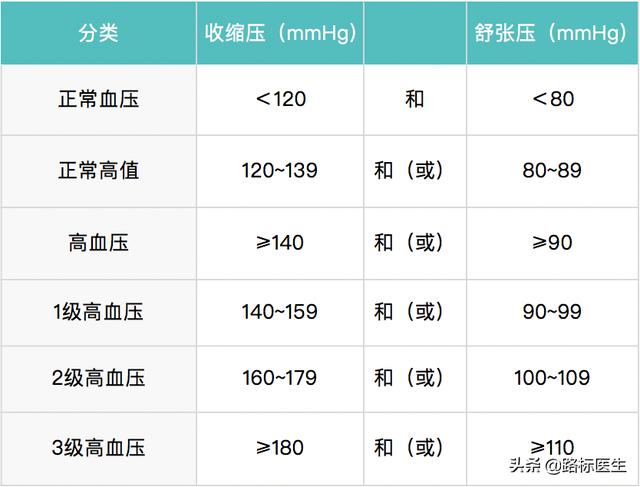
In addition to adhering to antihypertensive medications, education, dietary control, exercise and monitoring of blood pressure are equally important for people with hypertension.
The treatment of hypertension is also a comprehensive treatment. If hypertensive patients do not want to live a short life, they cannot only rely on antihypertensive drugs; education, dietary control, scientific exercise and monitoring of blood pressure are also necessary.
Only when education is in place can hypertensive patients take hypertension seriously and understand the dangers of hypertension, thus improving compliance with treatment;
Dietary control and scientific exercise is something that should be used throughout the treatment of hypertension to assist antihypertensive drugs to lower blood pressure more effectively;
Monitoring blood pressure is for better control of blood pressure, which varies with time and seasons. Only by testing blood pressure can treatment be adjusted according to the blood pressure situation so that blood pressure can be controlled up to the standard and the chances of complications can be reduced.

To summarize: Hypertension is a controllable but not curable disease, but by keeping your blood pressure under control, you can still live and work like a normal person. Keeping your blood pressure under control prevents or delays complications from occurring, thus prolonging your life.
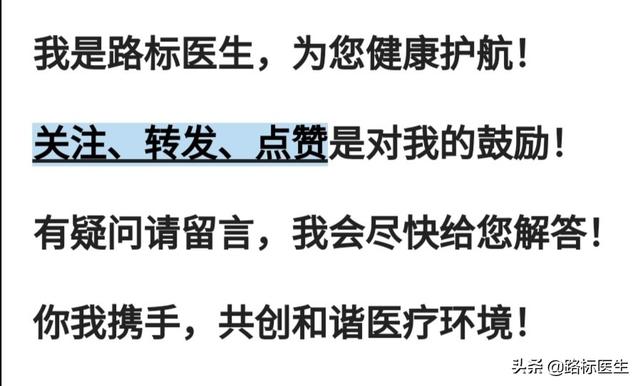
I don't know how old to live is a short life; my brother, who had normal blood pressure, had a brain hemorrhage and died at age fifty-six, my mother, who had high blood pressure, died at age eighty, and I, who had high blood pressure, was still alive at age seventy-eight.
This question and answer are from the site users, does not represent the position of the site, such as infringement, please contact the administrator to delete.